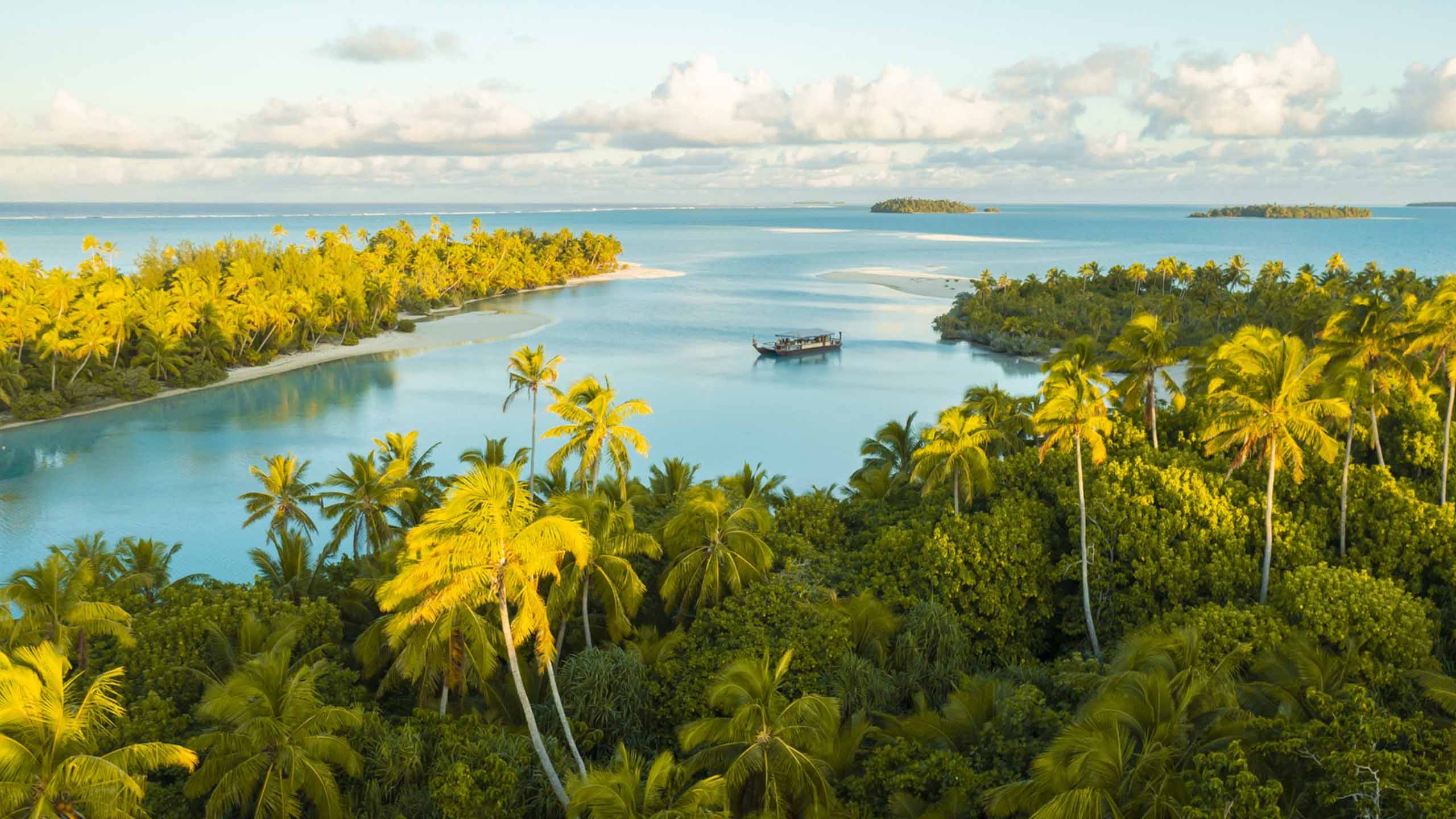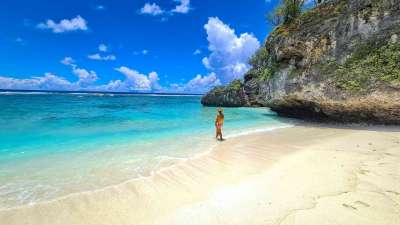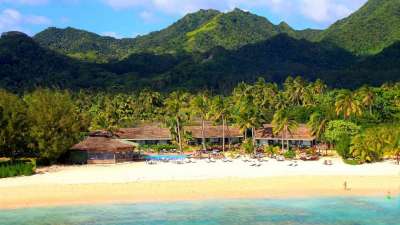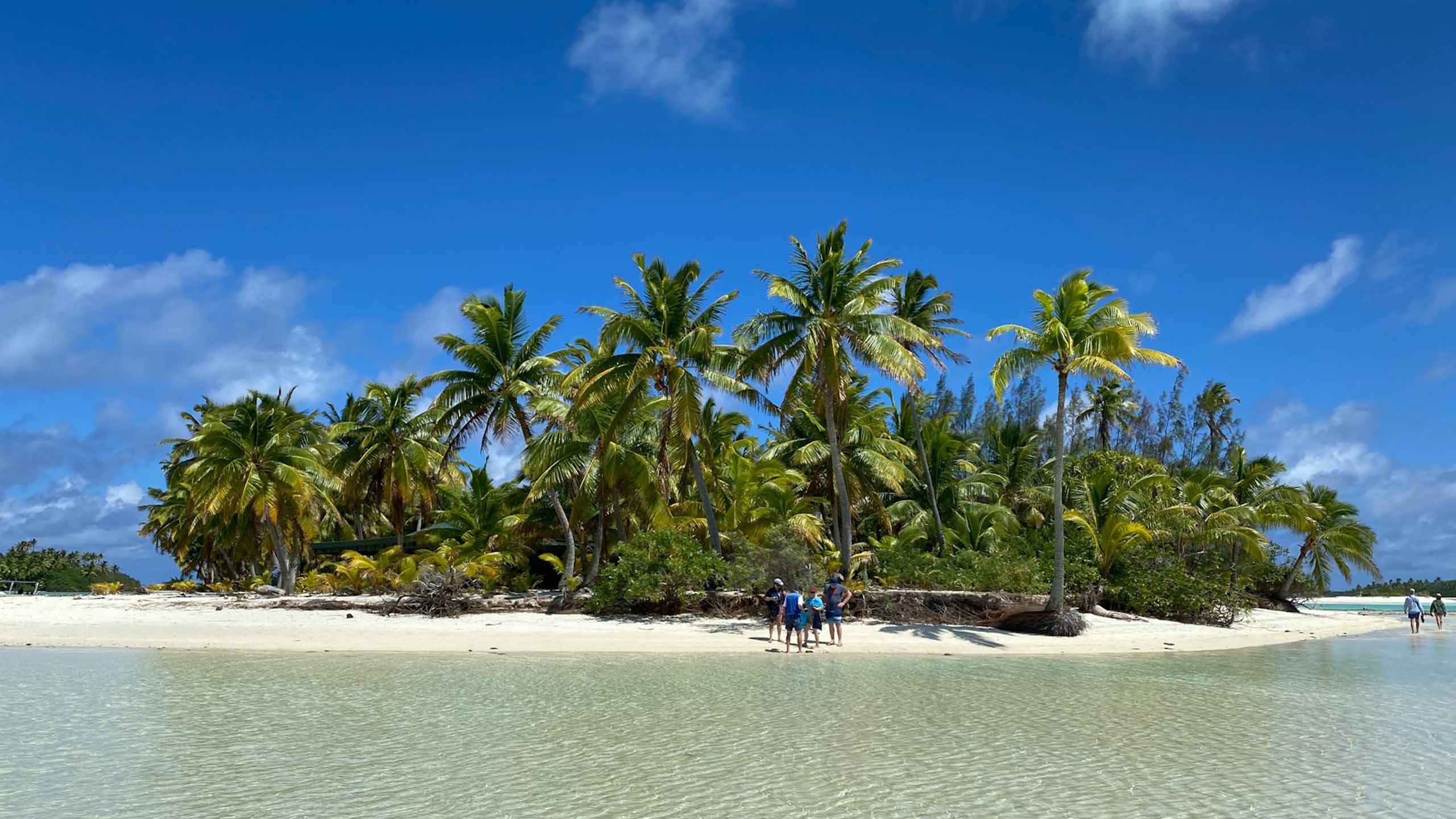The Cook Islands are dream vacation destinations for travellers and tourists, and it's not hard to see why. Gorgeous sugar-white sand beaches, coves, lagoons, the enchanting picturesque waters of the South Pacific, and coral reefs are all draw cards that make these islands highly sought-after. Before visiting, picking the ideal time to go is critical to reaping the best adventuring offers of the islands. With our guide, choosing the right time for you will be effortlessly smooth to plan your Cook Islands Holiday. If you are planning a holiday here, read more on our picks of the Best Hotels in the Cook Islands.
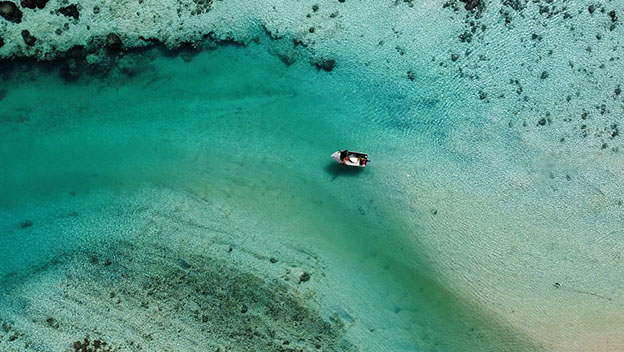
Photo credit: Ben Teina
How is the Weather in the Cook Islands?
The Cook Islands enjoy a tropical climate, implying more sunshine and warmer temperatures yearly. This tropical oceanic weather permits the wet and cooler season for just four months yearly - December to March. Afterward, the dominant dry season takes over from April to November. There might be a few downpours during the dry season and heavy torrential showers during the wet season. But regular temperature stays high between an average of 25°C to 30°C throughout the year and occasionally dips to 20°C.
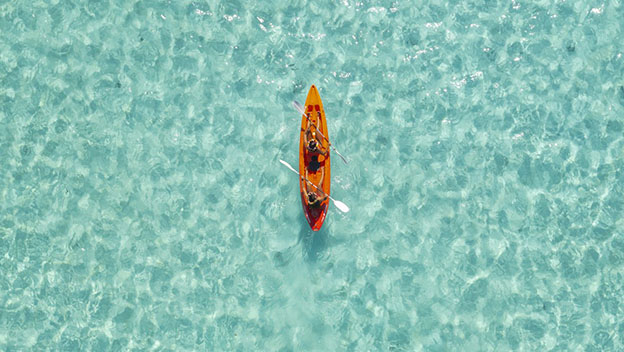
Photo credit: Alexandra Adoncello
The Best Season: July - August
July to August is the peak season, and the weather is usually excellent. It’s the perfect time to bask in the euphoria of the Cook Islands’ natural beauty. Daytime temperatures peak at 25°C, while night temperatures go as low as 20°C. Visitors enjoy warmer days and colder nights, which is perfect for a vacation. Expect larger crowds since you won't be the only one seeking the best weather to explore these gem islands. Peak season rates in hotels are also a factor to consider, and booking earlier will save you some stress during the rush hour.
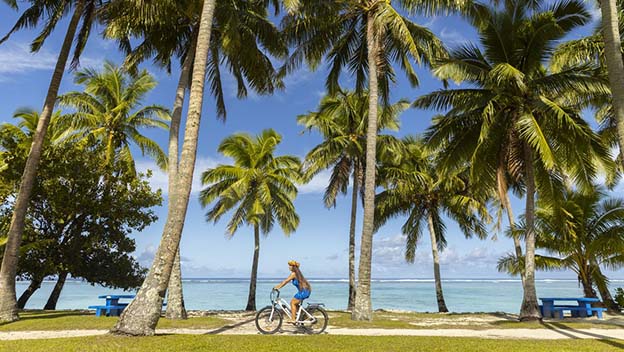
Photo credit: Alexandra Adoncello
Shoulder Season: April - October
The runner-up season for the best time to visit the Cook Islands is between April and October, excluding July and August. There are few perks for visitors during these months. For starters, sunshine is abundant during this period to explore the pristine beaches, bask under the sun, and cool off in the waters - a thrilling series of endeavours for anyone. The crowds will be smaller, and accommodation rates will be lower. It’s a perfect time to have a nice family bonding vacation. Lastly, from June to October, whales migrate from the cold Antarctica to receive warmth in the waters of the South Pacific, making the period a perfect time to see them.
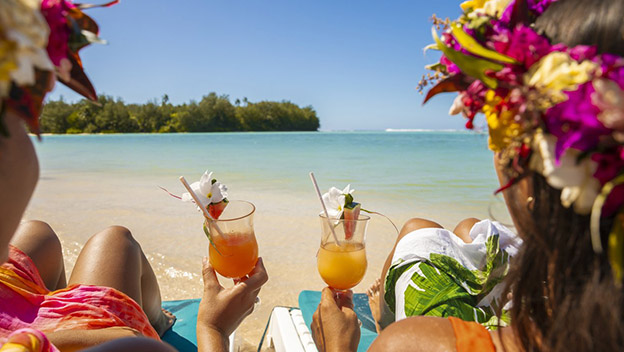
Photo credit: Alexandra Adoncello
The Off-Season: December - March
The wet season has the drawbacks of rain, but it doesn’t fall for too long, and the water dries off as soon as the downpour is over because this is also the hottest season on the island. It combines hotness and wetness for tourists, which most prefer as the rain showers wash away the heat. The highlights of visiting in the off-season are the cheaper hotel and resort rates and empty beaches to explore. You can explore the islands at your own pace, enjoy tranquility in nature, dive and snorkel to your fill, and play like a kid on the sands because no one is watching.
Clear Skies, Unlimited Adventure
The Cook Islands is the ideal destination for pure, immersive adventures. Have you decided the best time for you to go yet? Contact us, let us make your process easier, and transport you to a diverse realm of wonders where you can explore endlessly.
